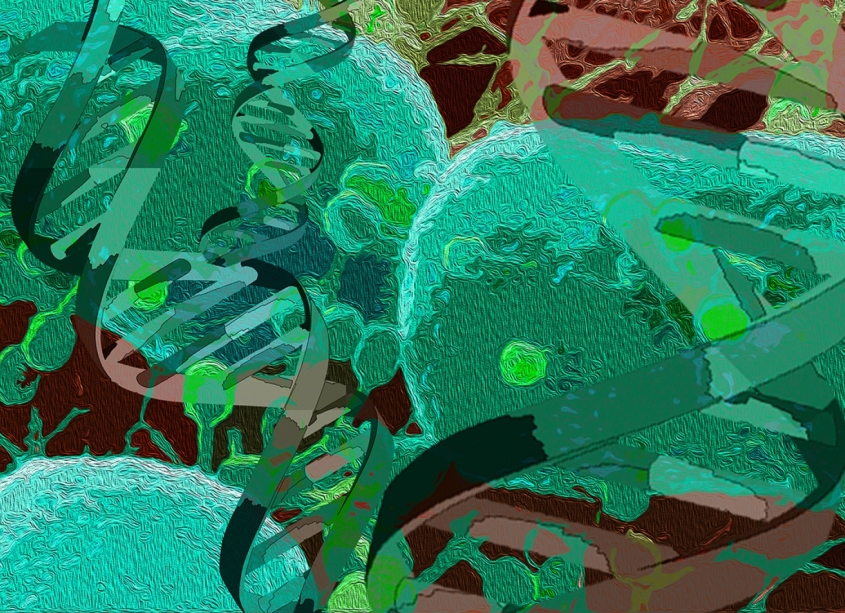Chappie awarded $1.6M grant to study viruses that kill antibiotic-resistant bacteria
Note: This news item features content from another page. View the featured content for this news item.
Modification-dependent restriction systems (MDRs) in bacteria recognize and cleave modified foreign DNA. These systems are especially important in protecting bacteria against predatory viruses, many of which incorporate modified bases into their DNA to evade detection by other defense systems. If researchers can interfere with the MDRs that halt these bacteriophage viruses, the viruses could be made into a forceful weapon against bacteria that are resistant to common therapies like antibiotics.
Joshua S. Chappie, Molecular Medicine, is studying the basic biology and mechanisms of MDRs to improve current bacteriophage therapy approaches. In this project, he and his team are examining the structure and function of the McrBC restriction system, a two-component MDR targeting DNA containing cytosines, one of the four bases, that are methylated. Despite a preliminary model, the molecular and mechanistic details underlying McrBC function remain poorly defined.
Chappie is using x-ray crystallography and cryo-electron microscopy to determine both the structure and architectural organization of the McrBC restriction complex at atomic resolution. X-ray crystallography, biochemistry methods, mutagenesis, and kinetic assays are also being used to uncover how the McrBC restriction system binds DNA, assembles, and how it hydrolyses GTP. These results will yield insights that could help interfere with MDRs, promote bacteriophages, and kill pathogenic bacteria.
NIH Award Number: 1R01GM120242-01A1






